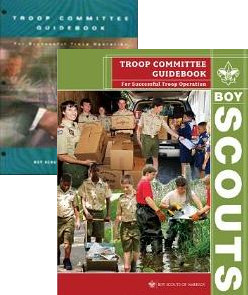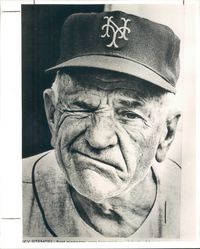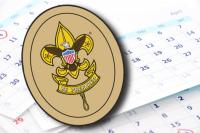 You may not have noticed, but earlier this year the Scout shops and Supply Division replaced the Troop Committee Guidebook with a new edition. The previous version, item 34505B, was originally published in 1998 and was reprinted several times since. The new version has a bright red and green cover with photos of Scouts in action, carries a stock number of 616928 and was published in 2013, though it didn’t become widely available until spring of this year.
You may not have noticed, but earlier this year the Scout shops and Supply Division replaced the Troop Committee Guidebook with a new edition. The previous version, item 34505B, was originally published in 1998 and was reprinted several times since. The new version has a bright red and green cover with photos of Scouts in action, carries a stock number of 616928 and was published in 2013, though it didn’t become widely available until spring of this year.
Normally, revised publications have many changes and updates. Continue reading “The new Troop Committee Guidebook”



 If someone set a marshmallow in front of you, would you eat it?
If someone set a marshmallow in front of you, would you eat it? Has this ever happened to you?
Has this ever happened to you? A friend in a nearby troop sent me the following:
A friend in a nearby troop sent me the following: